Are you aware of the subtle yet profound impact the full moon has on our lives? From the physical effects it has on our bodies to its influence on our emotional states, the full moon can have a significant impact on both humans and animals alike. As we delve into the mysteries of the full moon, it becomes clear that understanding its effects is crucial for managing stress, improving sleep patterns, and even mitigating the risk of certain health issues.
From the intense energy drain that occurs during a full moon to the unpredictable changes in behavior exhibited by animals, there are numerous ways in which the full moon affects those around us. In this comprehensive guide, we’ll explore the full moon effects on various aspects of life, including emotions, zodiac signs, hormones, sleep patterns, and much more. By gaining insight into these often-overlooked phenomena, you’ll be better equipped to navigate the challenges posed by the full moon and live a healthier, happier life.
Whether you’re an empath feeling the full moon’s emotional resonance or simply looking for ways to minimize its impact on your daily routine, this guide offers practical advice and expert knowledge to help you thrive under the light of the full moon.

How Does a Full Moon Affect Us?
The effects of a full moon on humans have been a subject of interest for centuries, with various studies attempting to understand its impact on our behavior, physiology, and overall well-being.
Sleep Patterns
- Research suggests that during a full moon, people tend to experience reduced deep sleep duration, resulting in lighter and less restorative sleep.
- A study found that individuals slept for approximately 20 minutes less during a full moon compared to periods without a full moon.
- These changes in sleep patterns may be attributed to the increased activity of the body’s circadian rhythm regulator, leading to a heightened sense of alertness and energy.
Melatonin Levels
Decreased melatonin levels have been observed during a full moon, which can disrupt the body’s natural sleep-wake cycle.
- Melatonin is often referred to as the “sleep hormone” due to its role in regulating sleep onset and maintenance.
- Low melatonin levels can lead to insomnia, daytime fatigue, and other sleep-related disorders.
Behavioral Changes
Some studies suggest that a full moon can influence human behavior, particularly in terms of emotional regulation and social interactions.
- Increased aggression and irritability have been reported in some individuals during a full moon.
- However, these findings are not consistent across all studies, and more research is needed to fully understand the relationship between the full moon and human behavior.
Other Effects
A full moon has also been linked to various physical and mental health effects, including:
- Increased risk of accidents and injuries due to impaired judgment and reaction times.
- Heightened anxiety and stress levels, potentially exacerbating pre-existing conditions.
Conclusion
In conclusion, while the effects of a full moon on humans are still not fully understood, research suggests that it can have significant impacts on our sleep patterns, melatonin levels, and behavior.
What Not to Do During a Full Moon
- Avoid Engaging in High-Risk Activities: Steer clear of activities that may put you or others at risk, such as skydiving, deep-sea diving, or participating in contact sports.
- Minimize Financial Transactions: Large financial transactions, especially those involving large sums of money, can be avoided during a full moon to minimize potential losses due to impulsive decisions.
- Be Cautious with Travel Plans: If possible, postpone non-essential travel plans, especially if they involve long-distance journeys or high-risk destinations.
- Reduce Stressful Situations: Try to avoid confrontations, arguments, or stressful situations that may escalate into conflicts.
- Practice Self-Care: Take extra care of your physical and mental health by getting enough rest, eating well, and engaging in relaxing activities.
- Be Mindful of Your Emotions: Recognize and manage your emotions effectively to prevent mood swings and impulsive decisions.
Why These Actions Are Advisable
The full moon has been associated with heightened emotional states, increased anxiety, and erratic behavior in various cultures throughout history. By avoiding these activities, individuals can reduce their exposure to potential risks and maintain a sense of calm and control.
Alternative Strategies for Managing the Full Moon
- Meditation and Deep Breathing Exercises: Practice mindfulness techniques to calm your mind and body.
- Engage in Relaxing Activities: Listen to soothing music, take a warm bath, or practice yoga to unwind.
- Connect with Nature: Spend time outdoors, whether walking, hiking, or simply sitting in a park or garden.
Conclusion
By being aware of the potential effects of the full moon and taking proactive steps to manage your emotions and behaviors, you can navigate this phase of the lunar cycle with greater ease and confidence.

Understanding the Spiritual Impact of the Full Moon
The full moon has long been associated with heightened emotional states, increased intuition, and amplified spiritual energies. As the lunar cycle progresses, its gravitational pull affects various aspects of human consciousness, influencing our moods, behaviors, and overall well-being.
Emotional Amplification and Intuition
During the full moon phase, the intensified lunar energy can lead to:
- Heightened emotional sensitivity, making it easier to tap into one’s feelings and connect with others on a deeper level.
- Increased intuition, allowing individuals to access their subconscious mind and gain insight into their thoughts, emotions, and desires.
- A greater sense of empathy and compassion, fostering stronger relationships and a deeper understanding of oneself and others.
Moon Manifestation and Intention Setting
The full moon offers a unique opportunity to harness its energy and manifest one’s deepest desires and aspirations. To do so effectively:
- Identify your intentions and write them down, focusing on specific, achievable goals.
- Visualize yourself already in possession of what you desire, cultivating a strong sense of confidence and positivity.
- Release any negative thoughts or emotions, clearing mental space for the manifestation process to begin.
- Engage in activities that promote relaxation and calmness, such as meditation, yoga, or deep breathing exercises.
Spiritual Connection and Rituals
To deepen your spiritual connection during the full moon:
- Practice rituals and ceremonies that honor the lunar cycle, such as releasing old patterns or setting new intentions.
- Connect with nature, taking time to appreciate the beauty and wonder of the world around you.
- Engage in self-reflection, exploring your values, beliefs, and life purpose.
- Seek guidance from spiritual leaders, mentors, or trusted friends and family members.
By embracing the spiritual significance of the full moon, you can tap into its transformative energy and cultivate a deeper sense of connection to yourself, others, and the universe.
Does the Full Moon Affect Hormones?
The lunar cycle has long been associated with various physiological changes, particularly in relation to hormone levels. While some studies suggest a correlation between the full moon and hormonal fluctuations, others argue that this relationship is overstated or even nonexistent. In this explanation, we’ll delve into the available evidence and explore the potential effects of the full moon on hormone levels.
Research Findings
Several studies have investigated the connection between the lunar cycle and hormone levels, with varying degrees of success. One notable study published in the journal Psychoneuroendocrinology found that blood concentrations of melatonin and testosterone were indeed lower in the days leading up to a full moon. However, these findings were not consistent across all studies, and the scientific community remains divided on the significance of these results.
Testosterone and Men
One possible explanation for the observed decrease in testosterone levels during the full moon is related to the menstrual cycle in women. Research suggests that women experience a surge in estrogen levels during the luteal phase, which can lead to increased progesterone production. Progesterone can suppress testosterone production, resulting in lower levels during the premenstrual phase. Since men do not undergo a similar hormonal shift, they may be more susceptible to the effects of the full moon on testosterone levels.
Melatonin and Women
On the other hand, studies have shown that women tend to experience a natural dip in melatonin levels during the day, followed by a gradual increase in the evening. This natural fluctuation in melatonin levels could potentially be influenced by the lunar cycle, although the evidence is still limited and inconclusive.
Limitations and Future Directions
It’s essential to note that many studies on the full moon and hormone levels have methodological limitations, such as small sample sizes or inadequate controls. Further research is needed to fully understand the relationship between the lunar cycle and hormone fluctuations. Additionally, individual variability plays a significant role in hormone regulation, making it challenging to generalize findings across populations.
While some studies suggest a link between the full moon and hormone levels, the evidence is not yet conclusive. More research is required to determine whether the lunar cycle has a significant impact on hormone regulation. As our understanding of the complex interplay between hormones and the environment evolves, we may uncover new insights into the mysterious relationship between the full moon and human physiology.
Effects of Full Moon on Female Body
The full moon has long been associated with various physical and emotional changes in women, although its impact remains a subject of debate among scientists. Research suggests that the full moon can affect the female body in several ways, primarily due to its synchronization with the menstrual cycle.
Menstrual Cycle Synchronization
The average length of a woman’s menstrual cycle coincides with the moon’s 29.5-day waxing and waning cycle, leading some cultures to link the two phenomena with fertility. Studies have shown that the full moon can trigger hormonal fluctuations, which may contribute to increased symptoms of premenstrual syndrome (PMS) and menstrual cramps.
Lunar Phases and Hormonal Changes
Research indicates that the full moon can disrupt the balance of estrogen and progesterone levels in the body, potentially exacerbating PMS symptoms. Additionally, the full moon’s gravitational pull may stimulate the release of oxytocin, a hormone involved in social bonding and emotional regulation.
Sleep Patterns and Mood Swings
Several studies have found that the full moon can lead to changes in sleep patterns and mood swings in women. The increased serotonin levels during the full moon may cause improved mood, but this effect can wear off quickly, resulting in irritability and anxiety.
Physical Symptoms and Menstruation
Some women experience physical symptoms such as breast tenderness, bloating, and headaches during the full moon, possibly due to the hormonal fluctuations mentioned earlier. These symptoms often subside once menstruation begins.
The full moon can also have a profound impact on a woman’s emotional and psychological state. Increased emotions, heightened sensitivity, and a greater sense of intuition are common experiences reported by many women during this time. However, these effects can vary greatly from person to person and may be influenced by individual factors such as stress levels and personal circumstances.
While the full moon’s effects on the female body remain a topic of ongoing research, it is clear that the lunar cycle can have a significant impact on hormonal balances, sleep patterns, and emotional states. By understanding these connections, women can better prepare themselves for the potential challenges and opportunities presented by the full moon.
Why Do People Feel Weird During a Full Moon?
The notion that a full moon has a direct impact on human behavior is a widespread myth, but there is some scientific basis for why people might feel unusual during this time. Here are some possible explanations:
- Changes in Circadian Rhythms
- Increased Emotional Sensitivity
- Disrupted Sleep Patterns
- Possibly Linked to Bipolar Disorder Symptoms
- Cardiovascular System Effects
Changes in Circadian Rhythms
During a full moon, the Earth’s gravitational pull affects the tides, which in turn influences the ocean’s rhythms. However, this effect does not extend to the human body’s internal clock. Nevertheless, some research suggests that the full moon may disrupt our natural circadian rhythms, leading to feelings of unease, anxiety, or restlessness.
Increased Emotional Sensitivity
Some individuals may experience heightened emotional sensitivity during a full moon, making them more prone to mood swings, irritability, or emotional reactivity. This could be due to various factors, including hormonal fluctuations, increased stress levels, or simply the psychological association of the full moon with chaos and unpredictability.
Disrupted Sleep Patterns
A full moon can interfere with our sleep patterns, causing insomnia, vivid dreams, or difficulty falling asleep. This disruption can exacerbate feelings of fatigue, lethargy, and general malaise, further contributing to the perception that we’re feeling “weird” during this time.
Possibly Linked to Bipolar Disorder Symptoms
As mentioned earlier, some studies suggest a possible connection between the full moon and symptoms of bipolar disorder. Individuals with this condition may experience increased manic episodes, irritability, or emotional instability during a full moon, although this correlation remains speculative and requires further research.
Cardiovascular System Effects
Research has found that a full moon can lead to an increase in cardiovascular events, such as heart attacks, strokes, or arrhythmias. While the exact mechanisms behind these effects are unclear, it’s possible that the full moon’s gravitational influence on the body’s fluid dynamics contributes to these cardiovascular issues.
By understanding the complex interplay between the full moon and human physiology, we can better appreciate the reasons behind those strange feelings that come with this lunar phase.

0 Comments